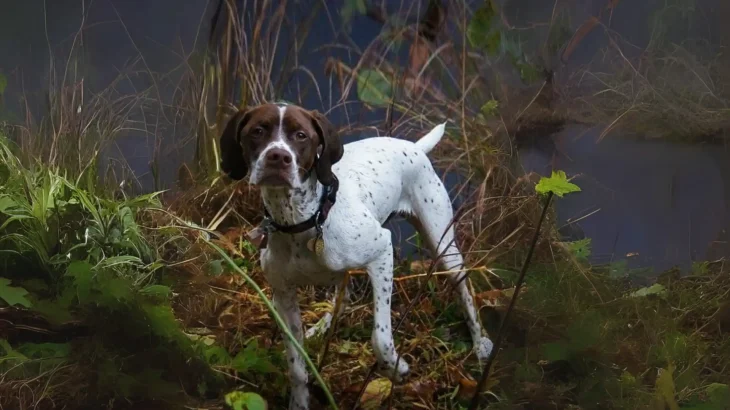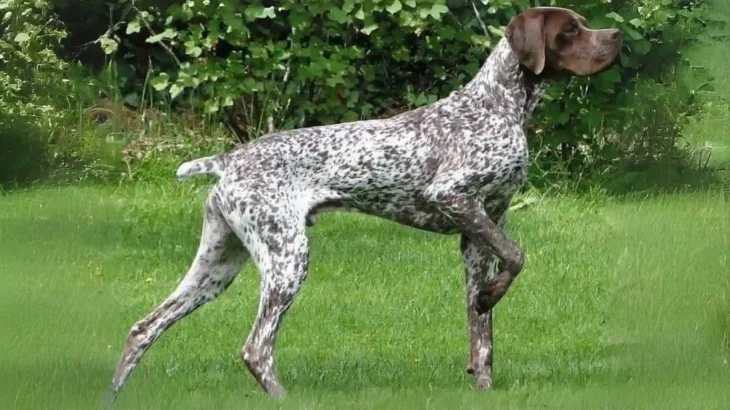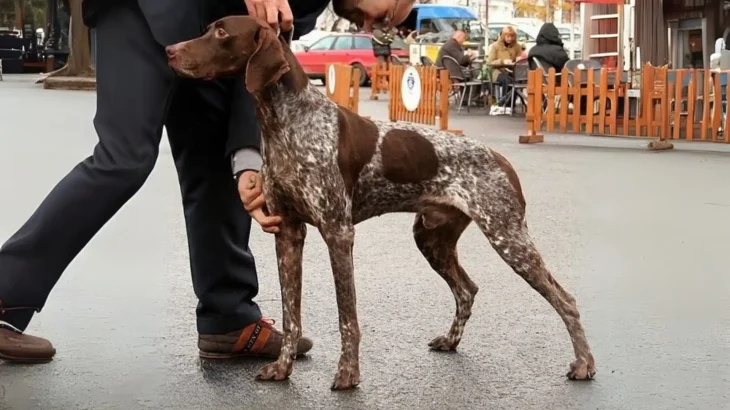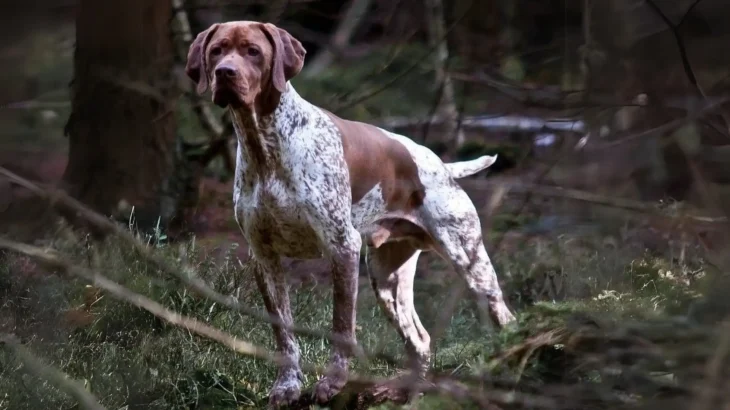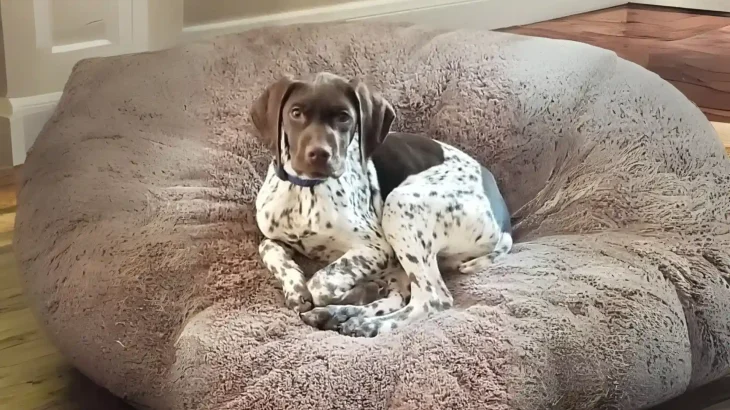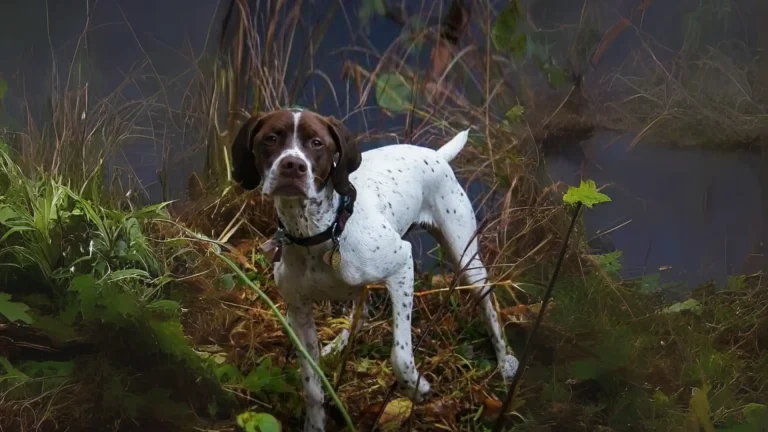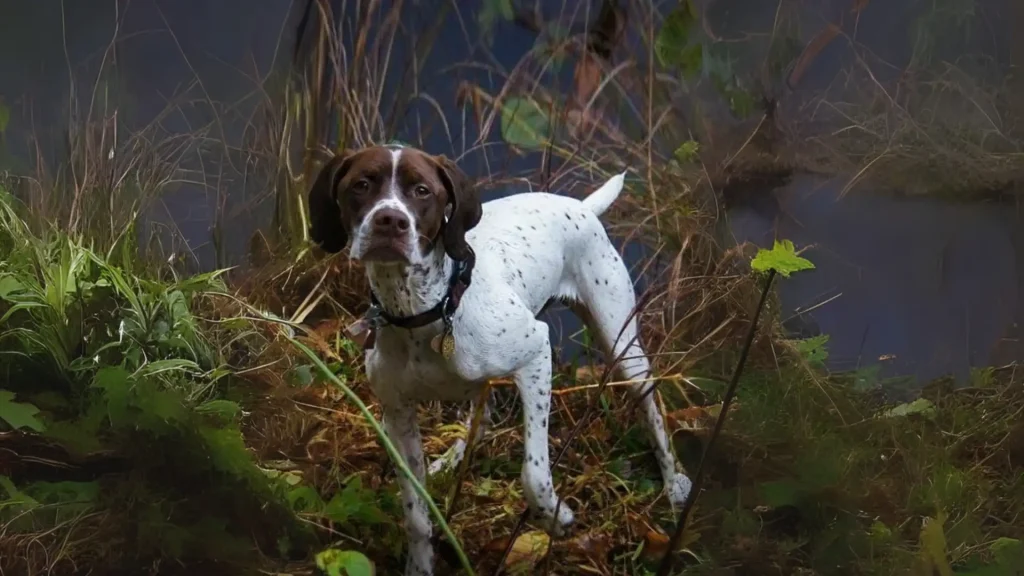When deciding whether to welcome a Braque Francais puppy into your home through adoption or purchase, the choice often comes down to knowing the puppy's background and the certainty of its lineage. Buying from a reputable breeder usually guarantees detailed health and pedigree information, while adopting provides a chance to offer a loving home to a dog that might not otherwise have one, though often with less certainty about its background.
Adoption vs. Breeder: Pros & Cons
| Criteria | Buying from Breeder | Adopting from Shelter/Rescue |
|---|---|---|
| Cost | Generally higher upfront cost, reflecting the dog's purebred status and breeder expertise. | Lower adoption fees, making it more budget-friendly. |
| Health History | Comprehensive health records and genetic screenings. | Health background often unknown; basic health checks usually done. |
| Age Availability | Primarily young puppies, allowing early socialization and training. | Variety of ages, including adults, offering immediate companionship. |
| Temperament Insight | Breeders inform on lineage temperament traits and predispositions. | Temperament assessed by observation; full history may be limited. |
| Ethical Considerations | Supports preservation of breed through responsible breeding. | Provides homes to dogs in need, supporting animal welfare. |
| Breed Purity & Pedigree | Guarantee of breed purity and documented pedigree. | Breed purity often uncertain; pedigree usually unavailable. |

